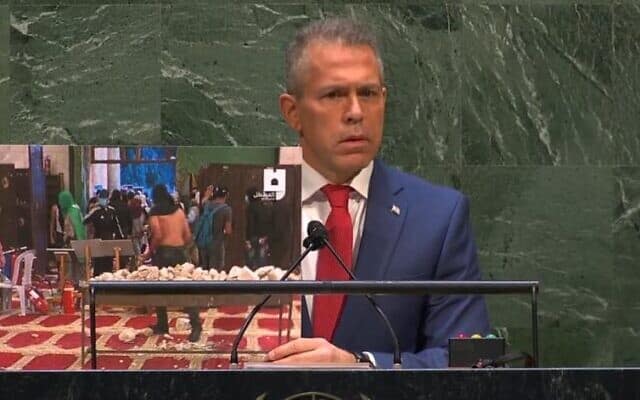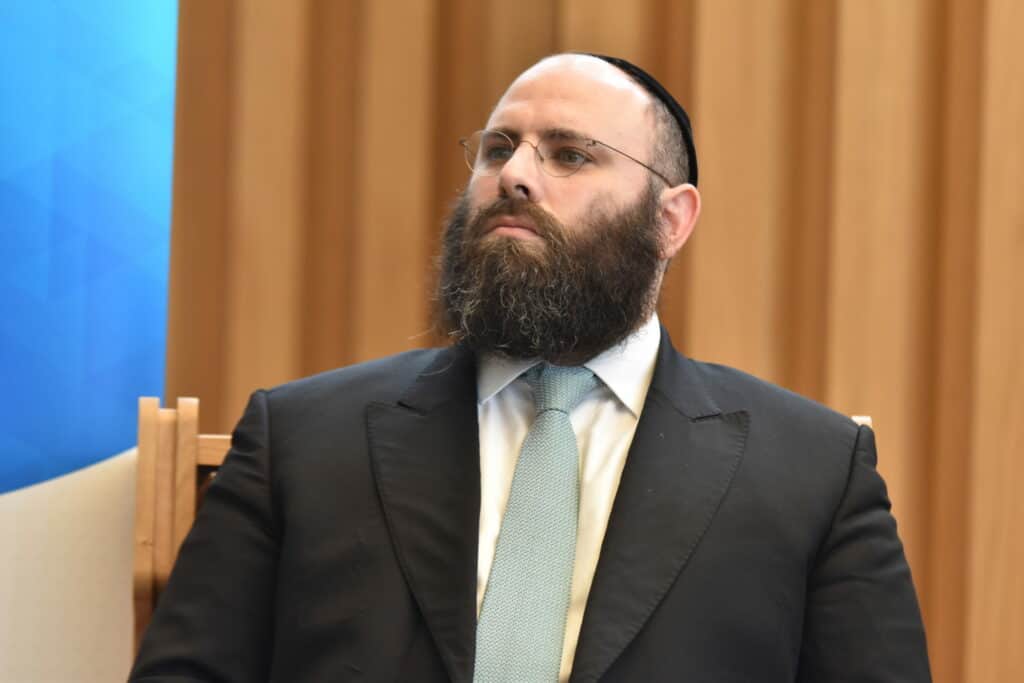Diary March 18
Concerns about politics.
One of the prominent figures of the Jewish Netherlands, who is apparently occasionally
tormented by the disease called jealousy, approached me with the comment that he had
heard that I will be speaking next Sunday for the NIK on Zoom because of Pesach and
expressed the hope that I would not speak about anti-Semitism again and would not have
my message / lecture included with 'those Christians'.
Of course I don't have to justify myself and I can do whatever I want, but it bothered me
anyway. Because with "those Christians" professional recording equipment was available
and "those Christians" were willing to make a good recording completely free of charge, I
had made my NIK Hanukkah presentation with and by "those Christians".
Some years ago I had received a similar comment, from that same person, about "those
Christians." I needed to have less contact with them. I understand that setup. What I did not
fully understand, however, was that the same critic then went to "those Christians" to ask
for financial support for his, otherwise fine, projects.
Nothing new under the sun. I remember speaking to an eminent physician some time ago.
This ‘eminence’, he told me personally, was not so much down to his expertise in his field,
but as a much about his political qualities. No, he was not in politics, he was referring to
politics at the top of his university hospital. When I heard a little bit of that politics I
immediately thought of the rabbinic world! (Just kidding, because rabbis don't do politics!)
Because there is politics everywhere. Especially in the real and necessary democratic
politics: The elections!
I haven't been able to sleep all night. When I looked at the new composition of the House of
Representatives, I was overcome with concern. I hope and pray that I misjudge it
completely, but I fear it. Of course, there can be criticism of Israeli Politics, that does not
have to be a sign of anti-Semitism.
But if there is only talk about Israel and not a word is mentioned about the feudal
dictatorships of the countries around Israel, then I do not understand.
I understand and accept that one of our prominent mayors in a speech at #
MayorsAgainstAntisemtism # claims that criticism of Netanyahu is allowed, as well as
criticism of Rutte. But that's not the problem. Criticism of Netanyahu is allowed, 50% of
Israel criticizes him and that does not degrade them to anti-Semites.
The problem is that there is almost exclusively criticism of Israel. That Israel is by far at the
top of the list for UN Resolutions. The role of a mayor should be in trying to connect his
townspeople, and that does not happen by importing sensitive foreign conflicts. Do I think
this mayor is anti-Semitic? Absolutely not! Do I think this mayor should be allowed to
criticize Netanyahu? Sure! But what I regret is that criticism of Israel unfortunately and
often unintentionally leads to anti-Semitism.
How often am I not allowed to explain that I speak Dutch, although I am a Jew but not born
in Israel. The superficial one-sidedness in the experience, however nuanced a mayor may
present it, causes anti-Semitism here in our country. And so: if the mayor believes we
should keep the Middle East problem out of the city, then criticize Israel, Jordan, Yemen,
Saudi Arabia, Egypt, North Korea, China, on… and on…. But even better: let the mayor try to
bind the various population groups within the city limits and call them to develop activities
that unite together. And then, if connections and friendships have arisen, then, despite the
diversity, the friendship itself can look at bottlenecks and differences of opinion that
seemed unmentionable. Do you think that can succeed? Often not, but sometimes it does.
And sometimes I cherish that, because I have sometimes been able to experience this often!
And to the prominent Jewish Dutchman I would like to say: next week it is Pesach and Jews
all over the world read the Hagadah, which describes the Exodus from Egypt at that time.
And what do we read there about the present and now? "Because in every generation we
are rebelled against us to destroy us," literally. And then the text continues and says that
G-d will save us in the end. The Jewish people live and survive, but all kinds of things happen
along the way. We must know, prevent and combat that, but not deny it! I hope that the
new House of Representatives will want to fight that battle with us and will want to exercise
vigilance.













